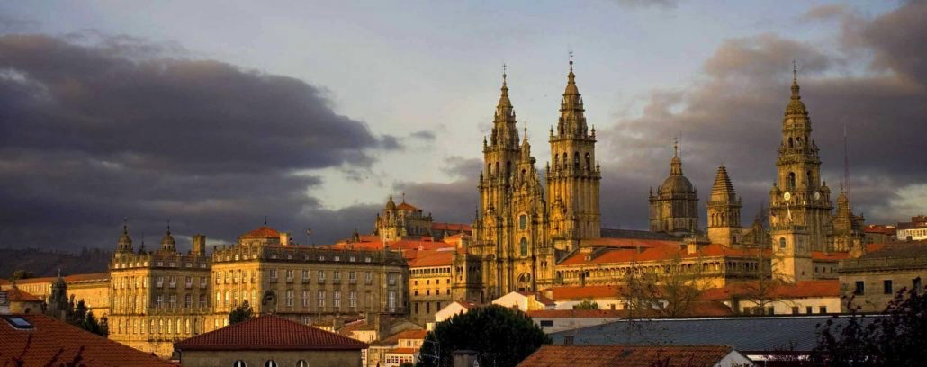Speaker
Description
Although the atomic nucleus consists of strongly interacting nucleons, it is noteworthy that for such strongly interacting quantum system the independent-particle model is proven to be a valid approximation and has provided a basic framework to explain many properties of nuclei. However, correlations between the nucleons, both of short- and long-range nature, modify the mean-field approximation and dilute the pure independent-particle picture. Notably, these correlations are thought to be the reason for the quenching of spectroscopic factors observed in (e,e’p), (p,2p) and single-nucleon direct reactions [1]. Following from the observed increase of the high-momentum component of the proton momentum density in a neutron-rich nucleus [2], we proposed a phenomenological approach to examine the role of NN short- and long-range correlations and their evolution in asymmetric systems [3]. The model predictions correlate well with the reduced proton occupancies for states below or near the Fermi level [4,5], as a function of the asymmetry (N-Z)/A, and also shed light on the question of quenching in intermediate energy single-nucleon knockout on complex targets [6].
In this talk I will discuss our work [3] and further implications of our approach to other low-energy nuclear structure observables.
[1] W. Dickhoff and C. Barbieri, Prog. Part. Nucl. Phys. 52 (2004) 377. [2] M. Duer, et al., Nature 560 (2018) 617. [3] S. Paschalis, M. Petri, A.O. Macchiavelli, O. Hen, and E. Piasetzky, Phys. Lett. B 800 (2020) 135110. [4] G. Kramer, H. Blok and L. Lapikas, Nucl. Phys. A679 (2001) 267. [5] L. Atar, et al., Phys. Rev. Lett. 120 (2018) 052501. [6] J. A. Tostevin and A. Gade, Phys. Rev. C 103 (2021) 054610.
| Topic | Experiment |
|---|

